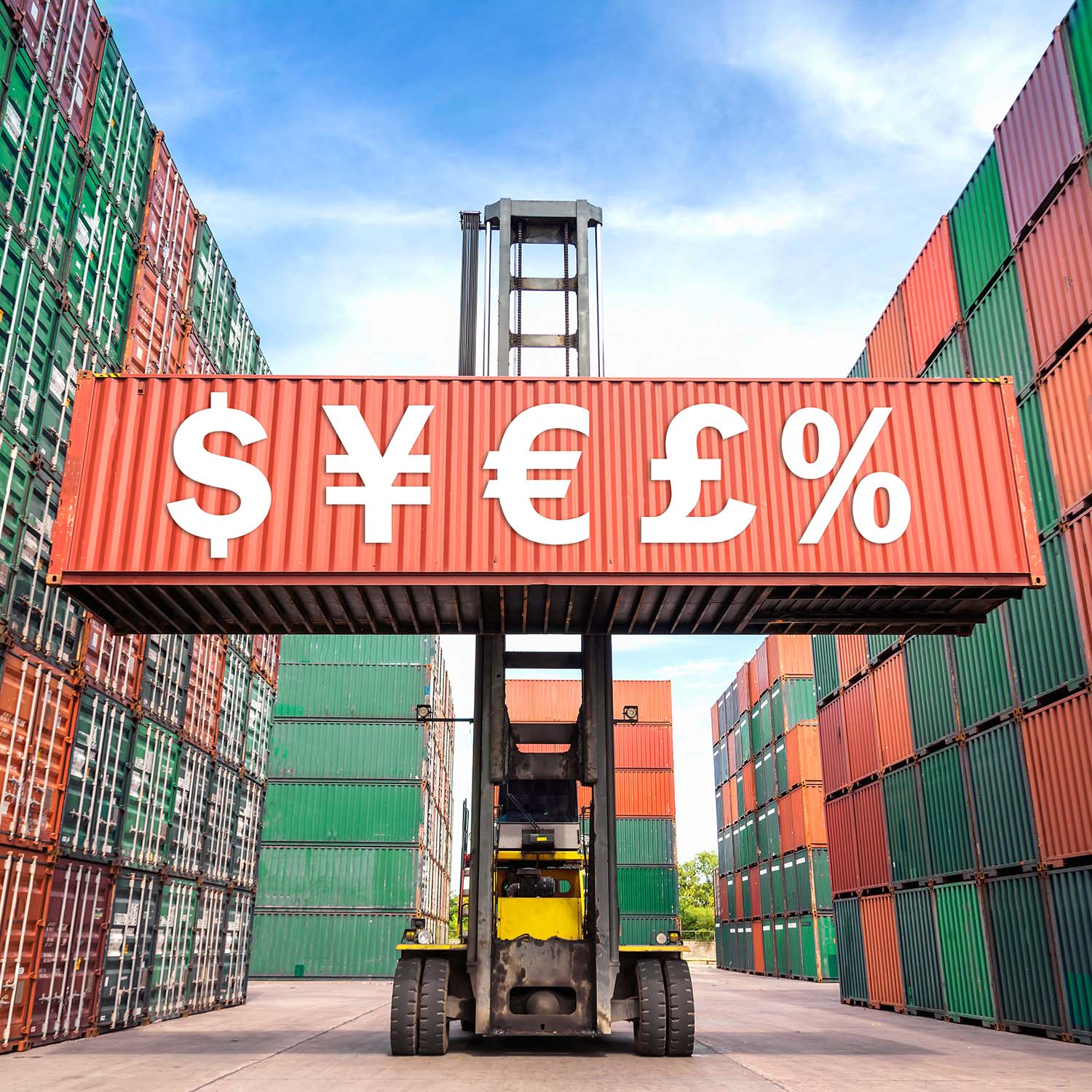Import: Duties and Taxes
General Import Duty (Impuesto General de Importación)
The duty that the Mexican customs authority determines (and charges) may be figured any of three ways:
- Ad valorem, as a percentage of customs value of goods; used in most cases
- Specific, at a fixed value per unit
- A mixture of ad valorem and specific
There are no tariffs for products made in the United States that meet rules of origin requirements under the United States–Mexico–Canada Agreement (USMCA). However, there are several exceptions and caveats. The USMCA includes new rules of origin for autos, auto parts, chemicals, and steel-intensive products, thus affecting their tariff treatment.
Customs Processing Fee (Derecho de Trámite Aduanero or DTA)
Mexican customs charges a Customs Processing Fee (Derecho de Trámite Aduanero or DTA) of 0.8 percent of the cost, insurance, freight (CIF) value.
Value-Added Tax or VAT (Impuesto al Valor Agregado or IVA)
There is a value-added tax or VAT (Impuesto al Valor Agregado or IVA) on goods and services sold in Mexico. The general VAT rate is 16 percent. The VAT is 10 percent for activities of enterprises located in a frontier zone. All alcoholic beverages sold in Mexico are subject to 16 percent VAT. Construction of residential dwellings, some financial and insurance services, and teaching and medical services get concessional benefits from VAT.
Special Tax on Production and Services (Impuesto Especial sobre Producción y Servicios or IEPS)
The Special Tax on Production and Services (Impuesto Especial sobre Producción y Servicios or IEPS) is levied on the import of certain goods, including alcoholic beverages and beer, alcohol, denatured alcohol, and uncrystallizable honey, tobacco, gasoline, and diesel.
Customs Warehouse Fees
Goods for import that arrive by air or land may be stored for two days free of charge; goods arriving by sea may be stored for five days free of charge. Fees for storage beyond this time are subject to periodic change.
Antidumping Duty
An antidumping duty is a form of additional duty that the importer is required to pay when importing goods for which the prices have been dumped (i.e., goods that entail a lower price when they are exported than they would have fetched in the domestic market). Few US exports are subject to antidumping duties that limit access to the Mexican market.
Countervailing Duties
Countervailing duties are levied to counter the effects of subsidies provided by a foreign government for merchandise exported to Mexico. These foreign duties result in artificially low prices that can be detrimental to Mexico.
Note: The above information is subject to change. Importers and exporters are advised to obtain the most current information from a customs broker or freight forwarder or from the local customs authorities.
Source: National Customs Agency of Mexico (Agencia Nacional de Aduanas de México or ANAM)
Article written for World Trade Press by Felicia Topp, Jennifer Goheen, and Nina Bellucci .
Copyright © 1993—2024 World Trade Press. All rights reserved.

 Mexico
Mexico 